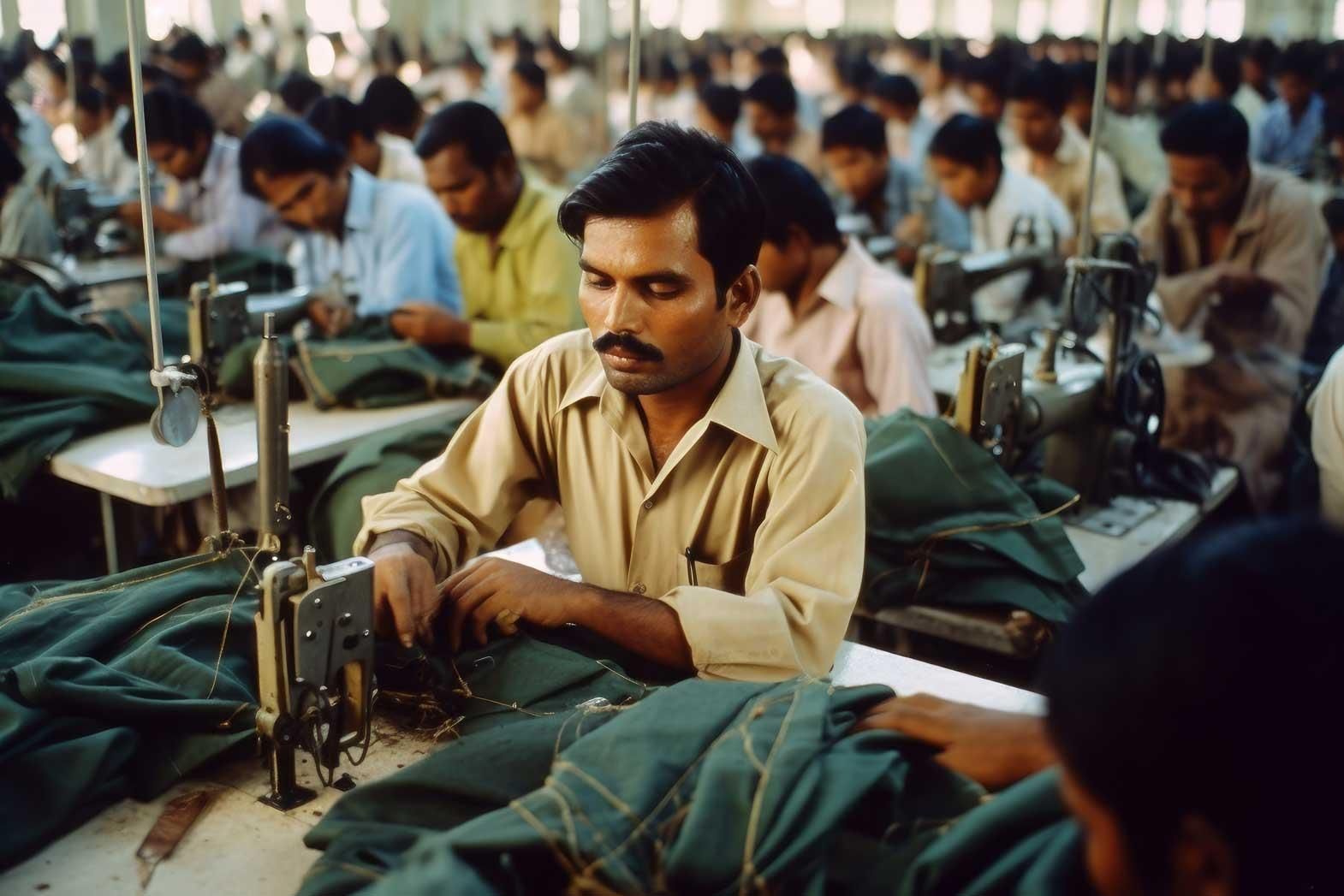Bangladesh garment makers closed all factories in the Ashulia industrial belt near the capital Dhaka for an indefinite period from 14 May, due to escalating worker unrest over the last few days. Weve taken the decision [under] Section 13 (1)of the Labour Act, meaning workers will not get paid during the suspension,Atiqul Islam, President of the Bangladesh Garment Manufacturers and exporters Association (BGMEA) said. He added: The manufacturing units at Ashulia willremain closed for an indefinite period and there will be no work no pay.
The BGMEA chief said owners can shut down factories at any time if the situation gets worse or they feel threatened by strikes or illegal activities. Weve no alternative but to shut down the factories as we cant run out factories amid unrest, the BGMEA chief said. Around 25-30% of total export production is carried out in the Savar-Ashulia belt where more than 100 apparel factories at Ashulia following a clash between policy and workers who were demonstrating for better pay.
Setting up of New Wage Board
The Bangladeshi Government is to set up a new minimum wage board to review the pay of ready-made garment (RMG) workers and pave the way for an increase in wages.The apparel sector is the country's main foreign currency earner, but has faced mounting criticism as its garment workers are among the lowest paid in the world. Poor workplace safety has also been thrown into the spotlight after the collapse of the Rana Plaza building,which housed five garment factories, last month.
The new wage board will include representatives from the Government, factory owners and workers. The new wage will come into effect from 1May, Abdul Latif Siddique, Textile and Jute Minister, told. The decision to form a minimum wage board is also intended to cool worker unrest.
The existing entry-level minimum wage for a RMG worker was fixed by the previous wage board in 2010 at BDT3, 000 (US$38.53). Prior to this, the minimum wage was raised to BDT 1,662 (US$ 21.35) a month in 2006, up from BDT940 (US$ 12.07)fixed in 1994. The garment industry is Bangladesh's largest foreign currency earner, consisting more than 16% of the gross domestic product (GDP), nearly80% total export receipts, and providing direct employment to around 4m people,of which 80% are woven.
Atiqul Islam, President of the Bangladesh Garment Manufacturers and Exporters Association (BGMEA), told that RMG owners would abide by the recommendations of the wage board. More than 1,125 bodies of workers have so far been pulled out of the rubble of the collapsed eight-storey Rana Plaza building making this the worst industrial accident in the countrys history.
Impact on Pricing of Bangladesh garments
There has been a constant struggle on the part of Bangladeshi labour to get what they call it as Fair Wage, but there has been equal and opposite reaction on the part of the garment exporters on this issue. Most of the Bangladeshi workers feel that their wages need to be doubled. This, if accepted, would add just 2p to the cost of a T-shirt bought on the UK high street, according to calculations.
Using figures supplied by textile workers unions in Bangladesh, the Trades Union Congress (TUC) said wages are as low as GBP27 (US$41.50) a month, and that workers are usually paid 12p for the six T-shirts they are expected to make every hour. As they work about 200 hours a month, this works out to roughly 2p per T-shirt, the TUC said.
It isnt UK consumers trying to make their wages stretch further as their by living standards takes a hit who are to blame for life and labour being cheap in Bangladesh, said TUC General Secretary Frances OGrady. Wages paid out to the thousands of women who work in the clothing factories are just a tiny fraction of the end price we pay at the till.
Its the multinational companies the brands, retailers and manufacturers who are all well-known names on our high streets who bear the responsibility. They are the ones who must change their behaviour and encourage their overseas suppliers to pay higher wages and improve working conditions, not UK consumers.
Global union Industrial is calling for an immediate increase in Bangladesh apparel worker wages from BDT3,000 (US$38.4) a month to BDT5,000, to be followed by incremental increases each year to arrive at a living wage in 2015, following a process currently under way in Vietnam.
This article was originally published in the Stitch Times magazine, June, 2013 issue.








Comments